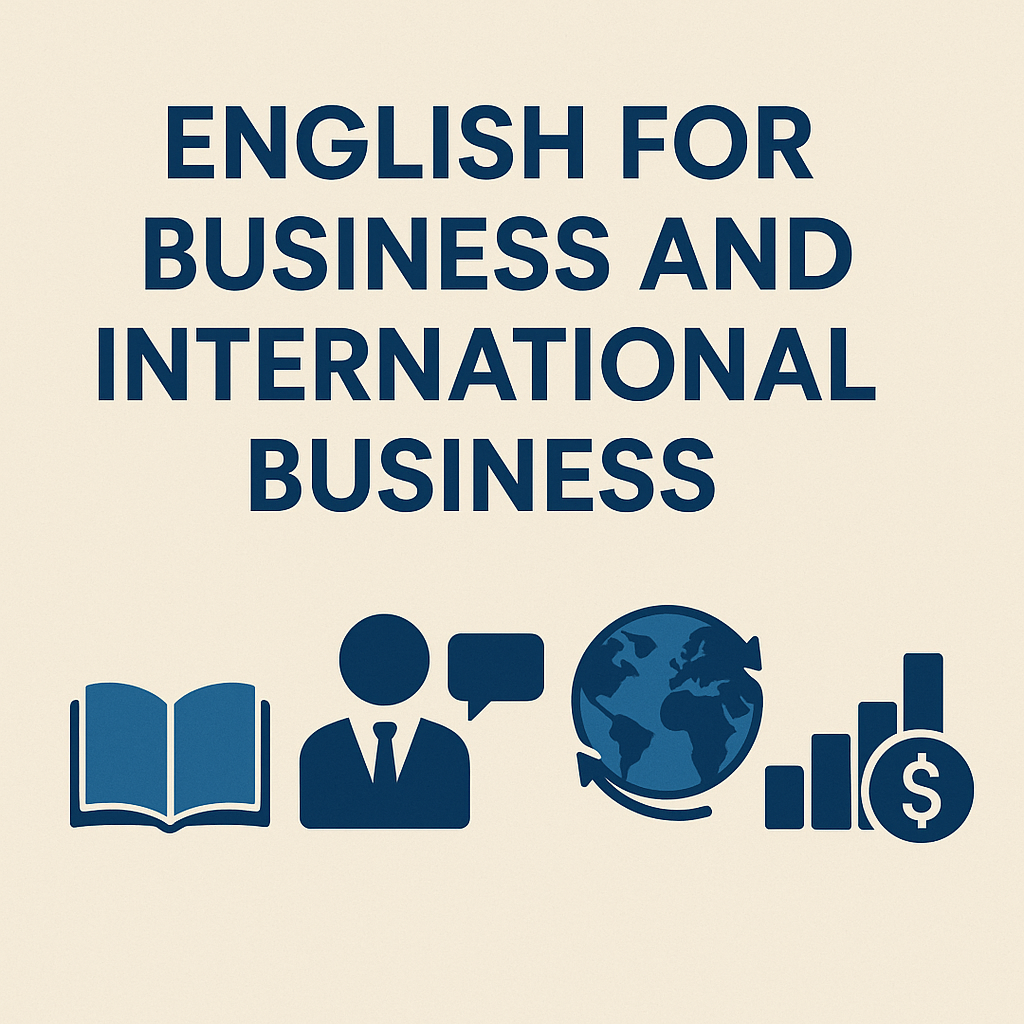
Course Title: English for Business and International Business
Course Code: EIB121 & ENB121
Credits: 2 + 2
Prerequisites: None
Level: Graduate
Course Description:
This course is designed to develop students’ proficiency in English for business communication within both domestic and international contexts. It emphasizes practical language skills and cross-cultural communication strategies essential for participating effectively in the global business environment. Students will engage with authentic materials, case studies, and simulations to enhance their ability to read business texts, write professional documents, deliver presentations, and participate in meetings and negotiations in English.
The course also introduces foundational concepts in international business, including global trade, intercultural management, marketing, finance, and ethics. By integrating language development with international business knowledge, students will be equipped to function confidently and professionally in multinational workplaces or global entrepreneurial ventures.
Course Learning Objectives
- By the end of this course, you will be able to:
- Identify and apply strategies to improve reading and listening comprehension in English,
- Analyze the role of entrepreneurship in local economies,
- Identify and compare business models,
- Identify and evaluate key components of effective market research,
- Identify and evaluate elements of an effective business plan in differing contexts,
- Identify and practice developing strategies to attract investors and obtain funding for a start-up
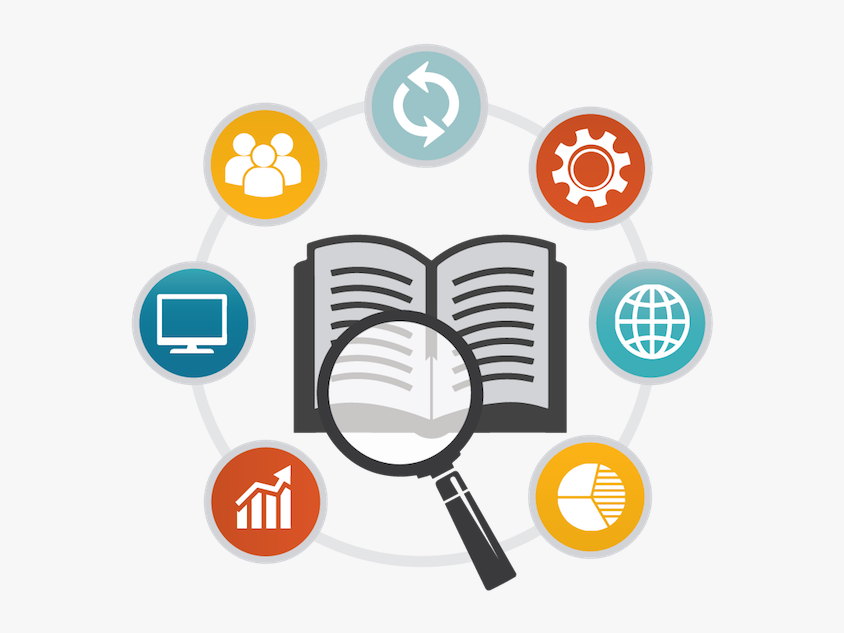
This course provides an in-depth exploration of research methodologies used in linguistics and language education. Students will develop essential skills to design, conduct, and critically evaluate research in the fields of linguistics, language acquisition, language teaching, and assessment. The course covers both qualitative and quantitative research approaches, including experimental, survey-based, ethnographic, corpus linguistics, and case study methods.
Key topics include:
- Theoretical foundations of research in linguistics and language education.
- Research design and formulation of research questions.
- Data collection methods (e.g., interviews, surveys, observations, and corpora).
- Ethical considerations in language-related research.
- Techniques for data analysis and interpretation (both qualitative and quantitative).
- Writing research proposals and reports.
Through hands-on assignments, case studies, and practical exercises, students will gain proficiency in selecting appropriate research methods based on their research questions and contexts. They will also learn to engage with and critique existing studies, positioning themselves within the broader landscape of language research. This course is ideal for students pursuing careers in academia, education, or applied linguistics, and provides a solid foundation for conducting independent research in these fields.
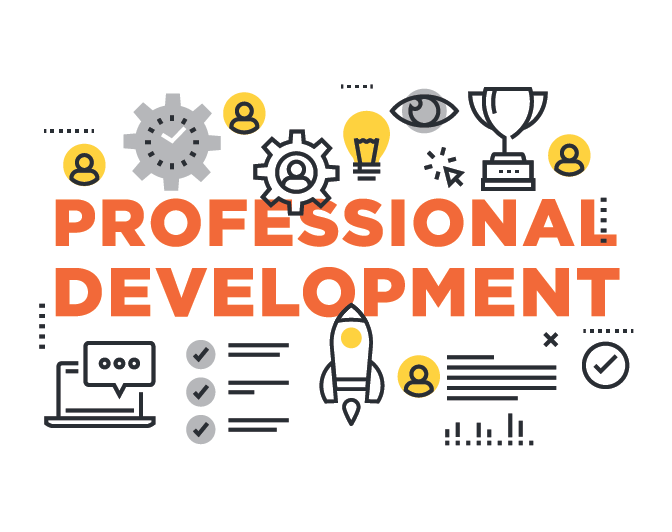
In the course of Professional Development, teachers will provide learners with an overview of the direction of professional development and its impact on the education system and student learning. In addition, the course also analyzes some detailed models of professional development and provides factors that must be taken into account when designing and implementing teacher professional development models.
Nội dung của học phần Phát triển nghề nghiệp, giáo viên sẽ cung cấp cho người học tổng quan về đường hướng của phát triển nghề nghiệp và tác động của nó đến hệ thống giáo dục và quá trình học tập của hoc sinh. Bên cạnh đó, môn học còn phân tích một số mô hình chi tiết về phát triển nghề nghiệp và đưa ra các yếu tố phải được tính đến khi thiết kế và thực hiện các mô hình phát triển nghề nghiệp giáo viên.
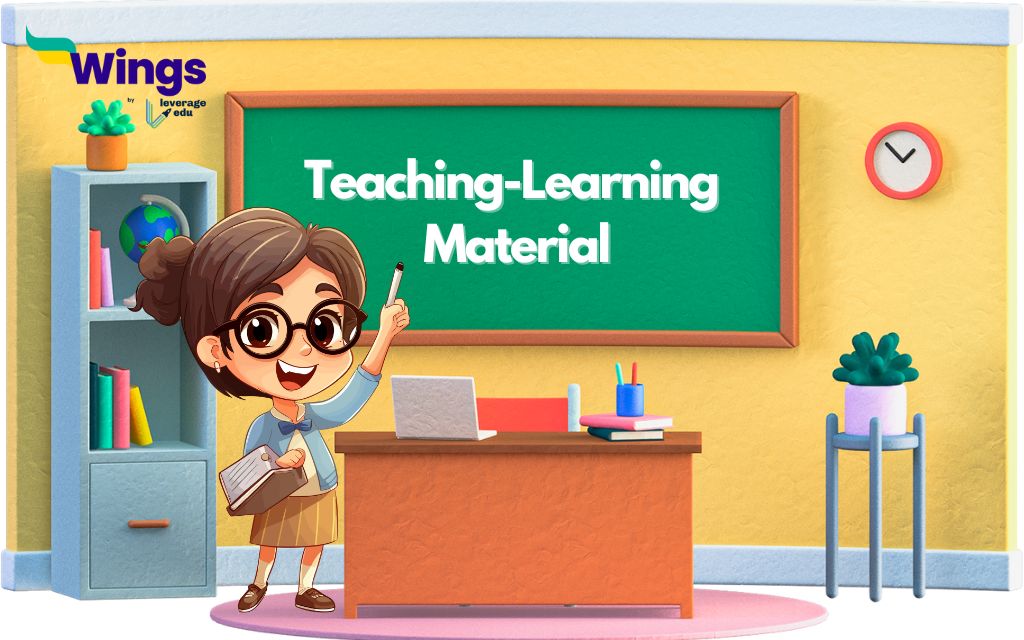
"Teaching and Learning Materials Adaptation and Development" is a compulsory course within the specialized knowledge block of the Master's program in English Language Teaching Theory and Methodology. This course introduces methods, principles, processes, and criteria for developing foreign language teaching materials in a specific context. It also helps students develop skills in selecting, customizing, and supplementing existing resources to suit specific learners, as well as collaboration and communication skills. Through this course, learners will develop a proper attitude towards a common task of English teachers in new requirements.
Phát triển tài liệu dạy học là học phần bắt buộc nằm trong khối kiến thức chuyên ngành của Chương trình đào tạo thạc sĩ Lý luận và Phương pháp giảng dạy bộ môn Tiếng Anh. Môn học giới thiệu các phương pháp, nguyên lý, quy trình và tiêu chí để phát triển tài liệu dạy học ngoại ngữ trong một bối cảnh cụ thể. Môn học cũng giúp hình thành cho học viên các kĩ năng lựa chọn, tùy chỉnh, bổ sung các nguồn tài liệu sẵn để phù hợp với từng đối tượng người học cụ thể và các kĩ năng hợp tác và kĩ năng giao tiếp. Qua đó, người học sẽ có được thái độ đúng đắn với một nhiệm vụ thường xuyên của người giáo viên Tiếng Anh trong yêu cầu mới.
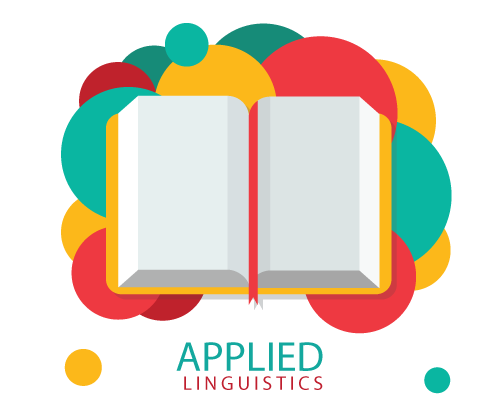
Applied Linguistics is one of the core courses in the Master's program in English Linguistics and is taught in the second semester of the program. This course provides knowledge, including concepts and theories related to the aspects of language and language use, research areas in applied linguistics, language skills, language testing, and assessment. At the end of this course, students are able to apply knowledge and skills in applied linguistics in their professional activities.
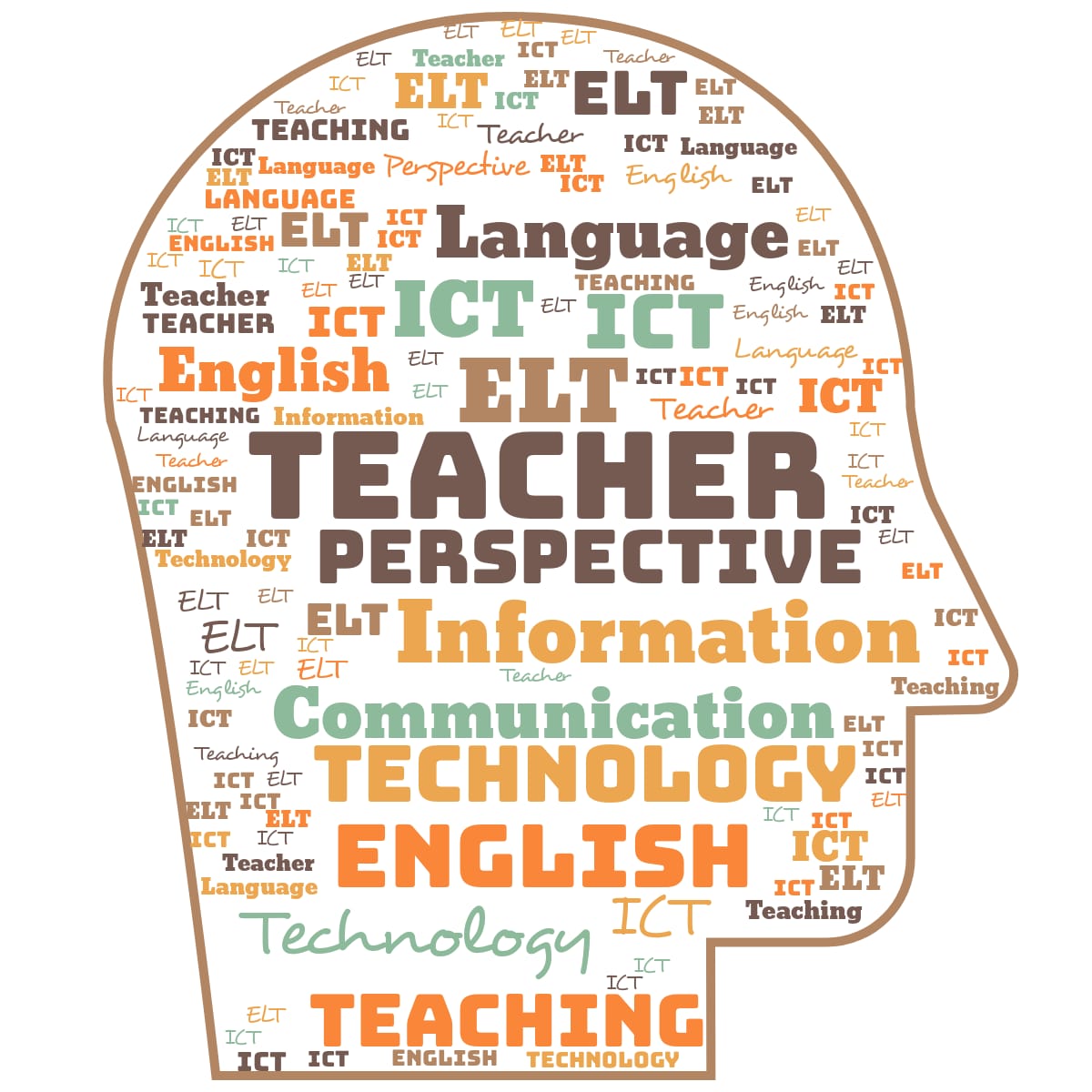
Technology has been used to both help and improve language learning. Technology enables teachers to adapt classroom activities, thus enhancing the language learning process. Technology continues to grow in importance as a tool to help teachers facilitate language learning for their learners. The course will not only help participants utilize technology in lesson planning, materials development, feedback, and assessment, but also for professional communication, collaboration, and efficiency improvement by participating in online discussions as well as completing the quizzes.